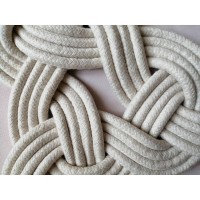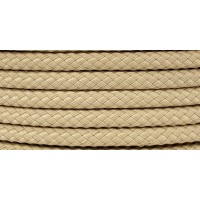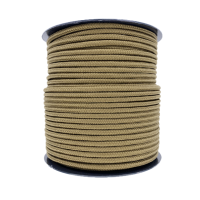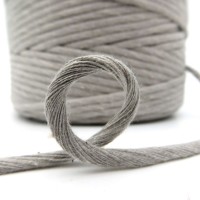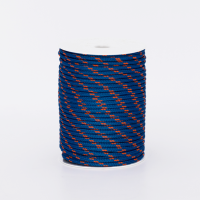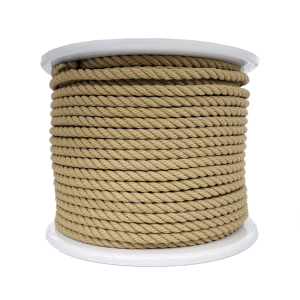Natural rope
Discover our range of natural ropes in hemp, sisal, cotton, jute and raffia. Natural ropes can be used for decoration, crafts, do it yourself and much more.
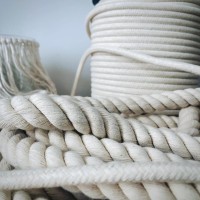
Discover our cotton ropes for all your creative hobbies! Choose from a wide range of braids, diameters and colours.
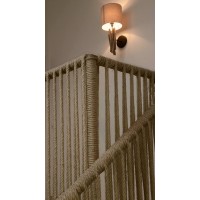
Discover all our ranges of natural or synthetic hemp ropes and enjoy a wide choice of diameters from 4mm to 40mm.
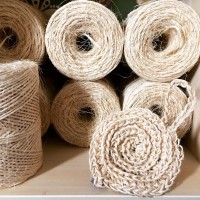
Sisal rope is used for market gardening, crafts and creative hobbies. It's also the rope for cat trees, so your felines can have fun scratching their claws on it!
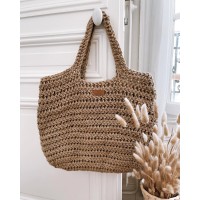
Discover our range of jute rope and twine for crafts and creative projects.
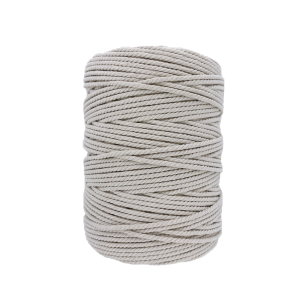
Macrame cotton rope - FR
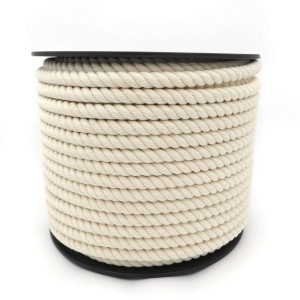
Organic cotton rope
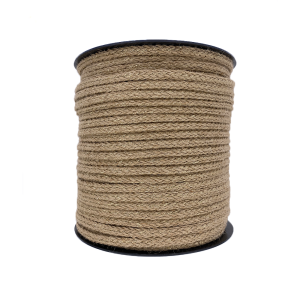
Jute braided rope

Jute twine
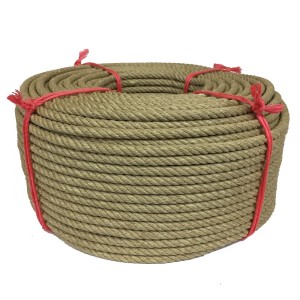
Polished hemp rope
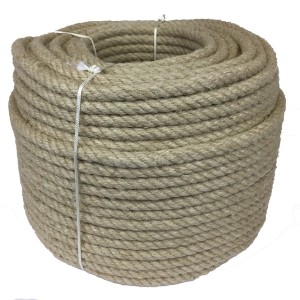
Unpolished hemp rope


Sisal rope
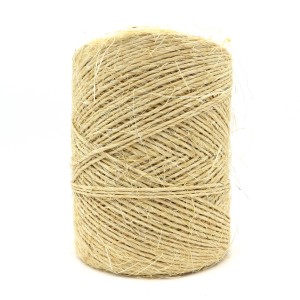
Sisal twine
Synthetic rope
Discover our range of synthetic ropes for marine, construction, ethology, events, winches and more.
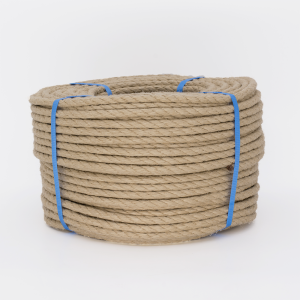
Synthetic hemp rope
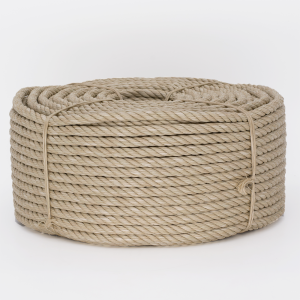
Polypropylene rope
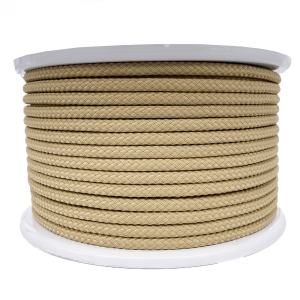
Polyester thermofixed braided rope
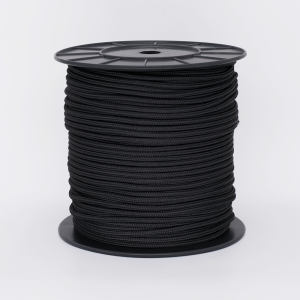
Polyester braided rope - Braided core
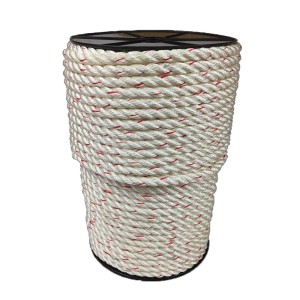
Nylon rope
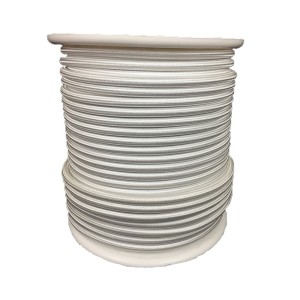
Shock cord - Elastic bungee cable
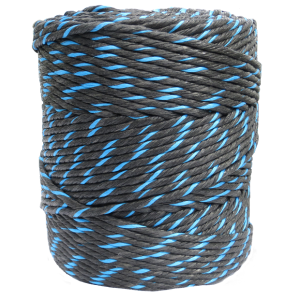
Sawmill rope 6, 8, 9 and 10 strands
We answer you
Many natural fibres are used to make rope:
- hemp
- cotton
- sisal
- jute
- linen
- coconut fibre
The strongest material is hemp. The most used materials in decoration are cotton and jute.
- Polypropylene
- Textured polypropylene (synthetic hemp)
- Polyester
- Nylon (Polyamide)
- Polyethylene
- Steel
- Latex
The breaking strength of a rope varies according to its raw material, construction, density, and diameter.
The tensile strength is the tensile capacity of a new rope when it is new, static, straight, knot-free and splicing-free. A tolerance of +/- 7% is always applied for the breaking resistance of a rope. For safety, no more than 80% of the breaking load of a rope when it is new should be used.
Expressed in KG, it refers to the tension capacity at standstill (weight); while expressed in decanewton (DaN), it refers to the tension capacity in motion (weight x speed). The use of a rope reduces its breaking resistance.
The main factors that attenuate a rope’s strength are: moisture, UV rays, heat, frost, abrasion, knots, splicing and chemical agents.



